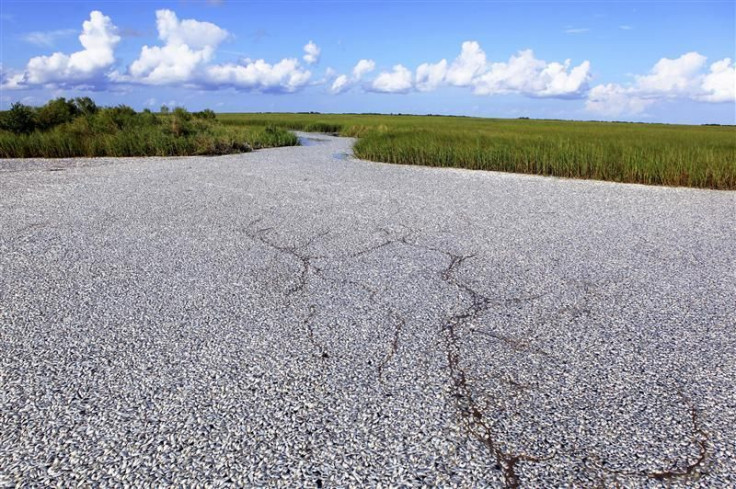Scientists Probe Into Increasing Mass Die-Offs Among Marine Animals

Several coastal areas worldwide have experienced mass die-offs in aquatic animals, and there seems to be increasing incidence and death toll reported. A new Yale research investigated more than 700 incidence of animal stranding and deaths that have occurred since 1940. Diseases and human activities were pinpointed as critical factors in these mass mortality events (MMEs). The report takes account of tragic incidents that affected 2,407 various animal populations.
Despite this alarming ecological concern, scanty research has been done concerning the elements that have been causing these phenomena. Samuel Fey, a postdoctoral fellow in the Department of Ecology and Evolutionary Biology at Yale and co-lead author of the research said, “The initial patterns are surprising, in terms of the documented changes to frequencies of occurrences, magnitudes of each event, and the causes of mass mortality. These data also show that we have a lot of room to improve how we document and study these types of rare events.”
According to the report, the extent of mass mortality has increased in aquatic birds, fishes and marine invertebrates, whereas it decreased in amphibians and reptiles. MME frequency in sea mammals remains the same. The upsurge has been associated with biotoxicity, diseases and numerous stressors.
Evolving diseases in marine animals account for 26 percent of the mass-die offs. About 19 percent is attributed to environmental contamination due to people’s activities. Algal growth in waterways causing oxygen depletion and toxicity in marine animals explains 15 percent of the incidence. Other occurrences caused by climate changes such as thermal stress, absence of food supply and extreme weather conditions caused 25 percent of the animal deaths.
Mass mortality events are different from extinction, although the causes for both are related. In mass die-offs, huge populations of certain species are killed in just a short period. A major occurrence could eradicate a species from a particular area.
This report was completed through collaboration with researchers from Dartmouth College and Southern Illinois University, University of California-Berkeley and University of San Diego. The study was published on the Jan 12 issue of the Proceedings of the National Academy of Sciences.
To leave a feedback about the content, email: j.panganiban@ibtimes.com.au





















